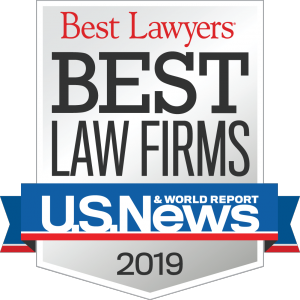 Social media continues to grow as the powerhouse of information flow in modern times, and while it often seems no one is policing the content and fact and fiction are often indistinguishable, the SEC is policing the statements of at least one social media influencer, Elon Musk. After Musk tweeted in August of 2018 that he had secured financing to take Tesla private at $420 per share, the SEC filed a complaint alleging that his tweets comprised a series of “false and misleading statements” to his millions of followers. The resulting court-approved settlement, reached in October, stipulated that Musk had to seek pre-approval of any written communications – including social media posts – that contained or reasonably could contain information material to Tesla or its shareholders. In connection with the settlement, Tesla and Musk were each required to pay $20 million to the SEC.
Social media continues to grow as the powerhouse of information flow in modern times, and while it often seems no one is policing the content and fact and fiction are often indistinguishable, the SEC is policing the statements of at least one social media influencer, Elon Musk. After Musk tweeted in August of 2018 that he had secured financing to take Tesla private at $420 per share, the SEC filed a complaint alleging that his tweets comprised a series of “false and misleading statements” to his millions of followers. The resulting court-approved settlement, reached in October, stipulated that Musk had to seek pre-approval of any written communications – including social media posts – that contained or reasonably could contain information material to Tesla or its shareholders. In connection with the settlement, Tesla and Musk were each required to pay $20 million to the SEC.
Just days ago, Musk was back under scrutiny, having tweeted, “Tesla made 0 cars in 2011, but will make around 500k in 2019” without pre-approval from his counsel and for that, the SEC filed an enforcement motion seeking to have Musk held in contempt. Continue reading ›
 Kang Haggerty News
Kang Haggerty News



 Kang Haggerty LLC has been named a Tier 1 law firm in Philadelphia for construction law by U.S. News – Best Lawyers® “Best Law Firms” 2019. In addition, the firm received a national tier 3 ranking in construction law, and a tier 2 rating in Philadelphia for commercial litigation.
Kang Haggerty LLC has been named a Tier 1 law firm in Philadelphia for construction law by U.S. News – Best Lawyers® “Best Law Firms” 2019. In addition, the firm received a national tier 3 ranking in construction law, and a tier 2 rating in Philadelphia for commercial litigation.